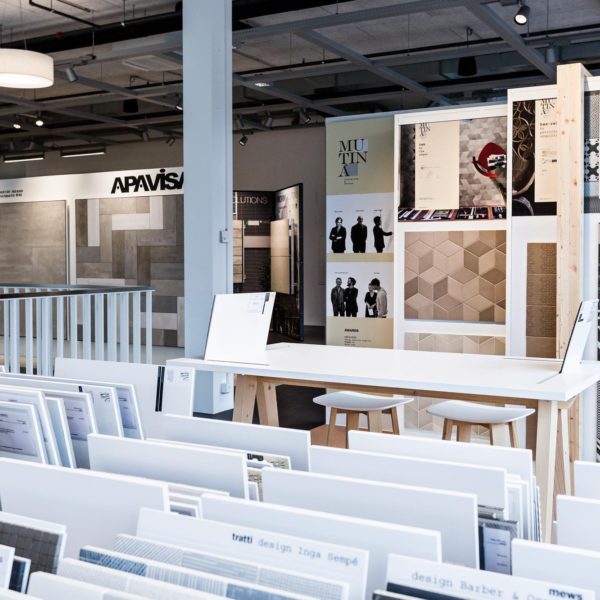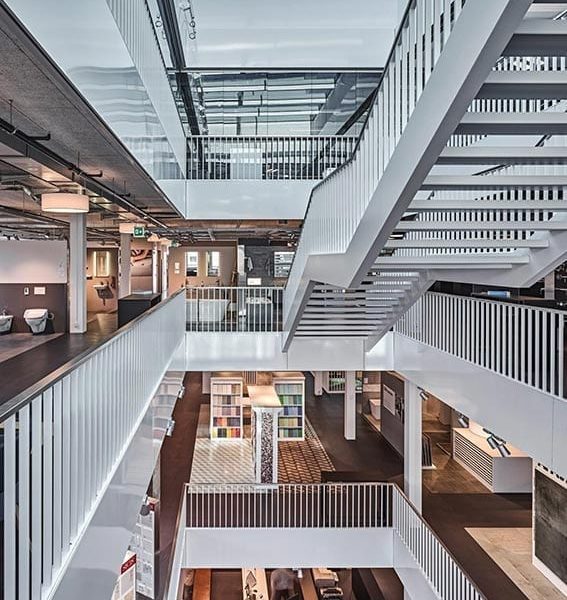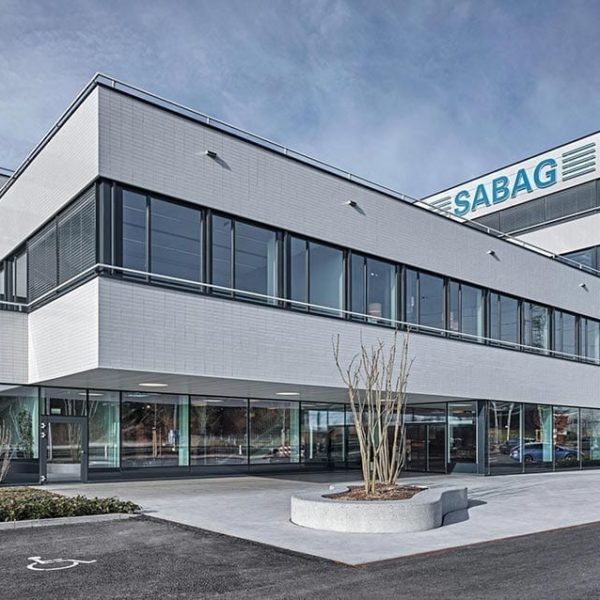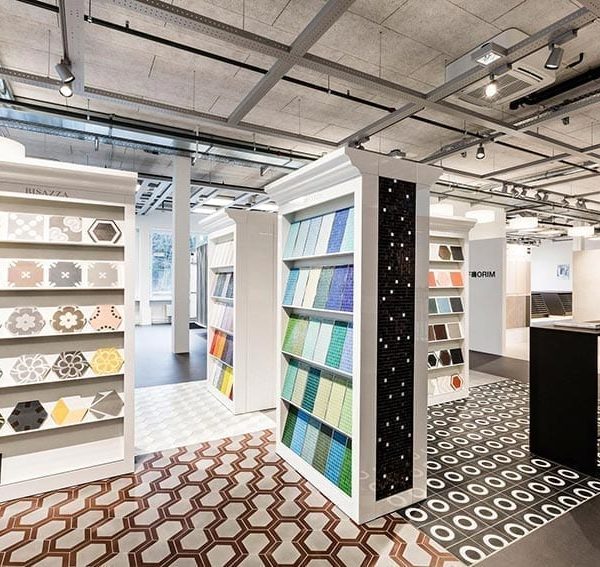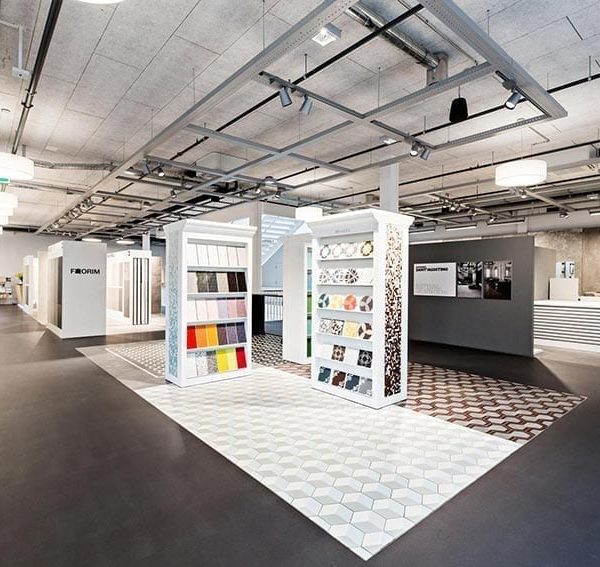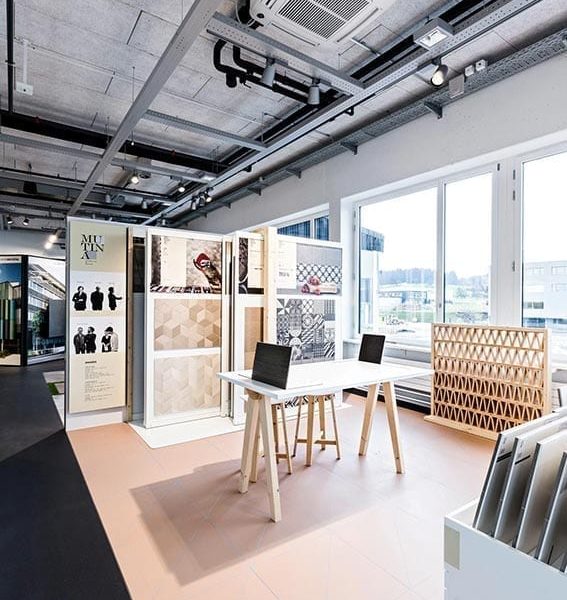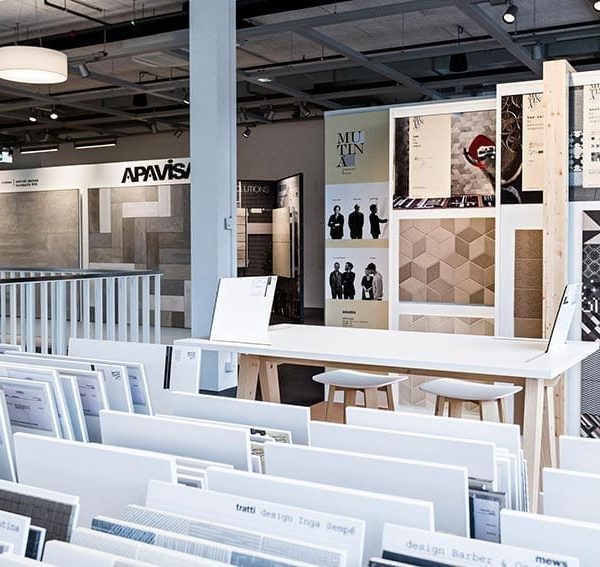Interviews

Uncompromising quality and a strong customer focus | by Roberta Chionne
The Sabag Group is Switzerland’s largest family-owned construction materials distributor. Founded in 1913, it began selling ceramic tiles in the 1950s. Now organised as a group of companies in which the majority stake is held by brothers Jean-Pierre, Kurt and Ruedi Jordi, its sales strategy focuses on the quality and ethics of high-end products, with Italian tiles playing a key role. We spoke to Roberto Bertacchi, a member of the board and head of the SABAG Biel/Bienne profit centre.
The Sabag Group is a fourth-generation family business. How was the group formed and what were the key steps in its development?
The origins of the Sabag Group date back to 1913 when Otto Jordi founded a building materials trading company in Bienne. In 1919 he established Sabag Luzern AG and in 1925 entered into a partnership with Société Jurassienne des Matériaux de Construction. This led to the formation of the present-day business Matériaux Sabag SA based in Delémont.
In the 1930s the company extended its range of construction materials to sanitaryware. From the 1960s onwards, the group began to diversify its regional markets while renewing its products and ranges by opening branches in a number of different cities. By early 2001, the Sabag Group had become one of the largest Swiss distributors in the tile and stone sector.
The small company founded almost a century ago has now grown into a major Swiss construction materials distribution group consisting of 7 autonomous firms controlled by a holding company (Romandie, Bienne, Delémont, Hägendorf, Rothenburg, Bâle and Zürich) and employing a workforce of 1,050 people (155 in the tile division) across 41 sales and manufacturing sites.
In 2016 the Group posted a turnover of CHF 600 million, 12% of which was generated by the tile division.
What kind of construction materials do you sell? When and why did you decide to begin distributing ceramic tiles?
We sell a full range of construction materials, from foundations through to roof tiles. Our marketing and sales concept focuses on two areas: interior design, including kitchens (our own production), sanitaryware, floor and wall coverings (tiles and parquet), doors and outdoor areas; and construction products, namely masonry, civil engineering, building claddings, roofing, plastering, painting, joinery, carpentry and steel reinforcements (again our own production). We began selling tiles in the 1950s in order to expand our product range. At that time, there was naturally a much more limited choice than what is available today.
Who are your customers and what kind of applications do you sell tiles for?
Our key customers are contractors, architects and building professionals in general. In the tile sector we mainly deal with installation firms, general contractors, property management companies, architects, interior designers and the general public. We sell tiles for interiors and exteriors in residential and commercial applications. Floor tiles make up 75% of our sales.
How much importance do you attach to showrooms?
To keep close to our customers we have 18 stores extending from Geneva to Zurich, the most important being those in Geneva, Lausanne, Basle, Bienne, Berne, Lucerne and Zurich. Some of these stores have large showrooms while others are a little smaller. We have a total space of 9,000 m² devoted to tiles. We are renowned for offering a full range of products under a single roof, from kitchens to sanitaryware, tiles, parquet, doors, etc. This means that customers can find everything they need at our stores without having to look elsewhere.
What are the characteristics you look for in the Italian ceramic tiles you purchase? Why do you choose Italian products?
We choose products based on considerations of quality, ethics and environmental protection. We mainly work with suppliers who share our philosophy, including the top manufacturers in Italy, Spain, Portugal, France and Germany. We steer well clear of overseas manufacturers and their low-priced imitation products which do not satisfy these criteria.
The Italian tile industry is renowned for its pioneering qualities and creativity and is unquestionably the world leader in terms of its original products and new technologies. Italian tiles make up 65% of our product offerings. We mainly sell high-end materials supplied by well-known Italian companies.
What distinguishes Italian tile manufacturers from those of other competitor countries?
What sets them apart is without doubt their capacity for development, creativity and innovation. As robotics and manufacturing equipment are largely built by Italian companies and are available to tile producers everywhere, quality is more or less the same in all countries.
What should Italian companies do to attract greater interest from your country’s distribution system?
In recent years, we have seen a deterioration in product quality amongst some Italian manufacturers. It is essential for products to be of the highest quality, especially in the case of high-end articles, but unfortunately this is not always the case. We also regularly experience problems with deliveries and delays. Some suppliers need to reduce the size of their product ranges and the numbers of their collections. We also regularly complain about certain Italian suppliers selling direct to installation companies.
What is the state of the Swiss construction industry and what has been the impact of the subprime mortgage crisis?
We are fortunate in Switzerland to have a stable and favourable situation with a construction market that has seen slow but steady growth in recent years. Although there has been a slight fall in new construction, this has been offset by growth in renovation.
Favourable mortgage rates and high annual immigration are two factors that benefit the construction industry. In the ceramic tile segment in particular, the exchange rate and sharp fall in market prices (driven by DIY outlets, direct deliveries from abroad and Internet sales) means that we are having to sell increasing volumes of products to achieve the same levels of turnover and profit as in previous years.




